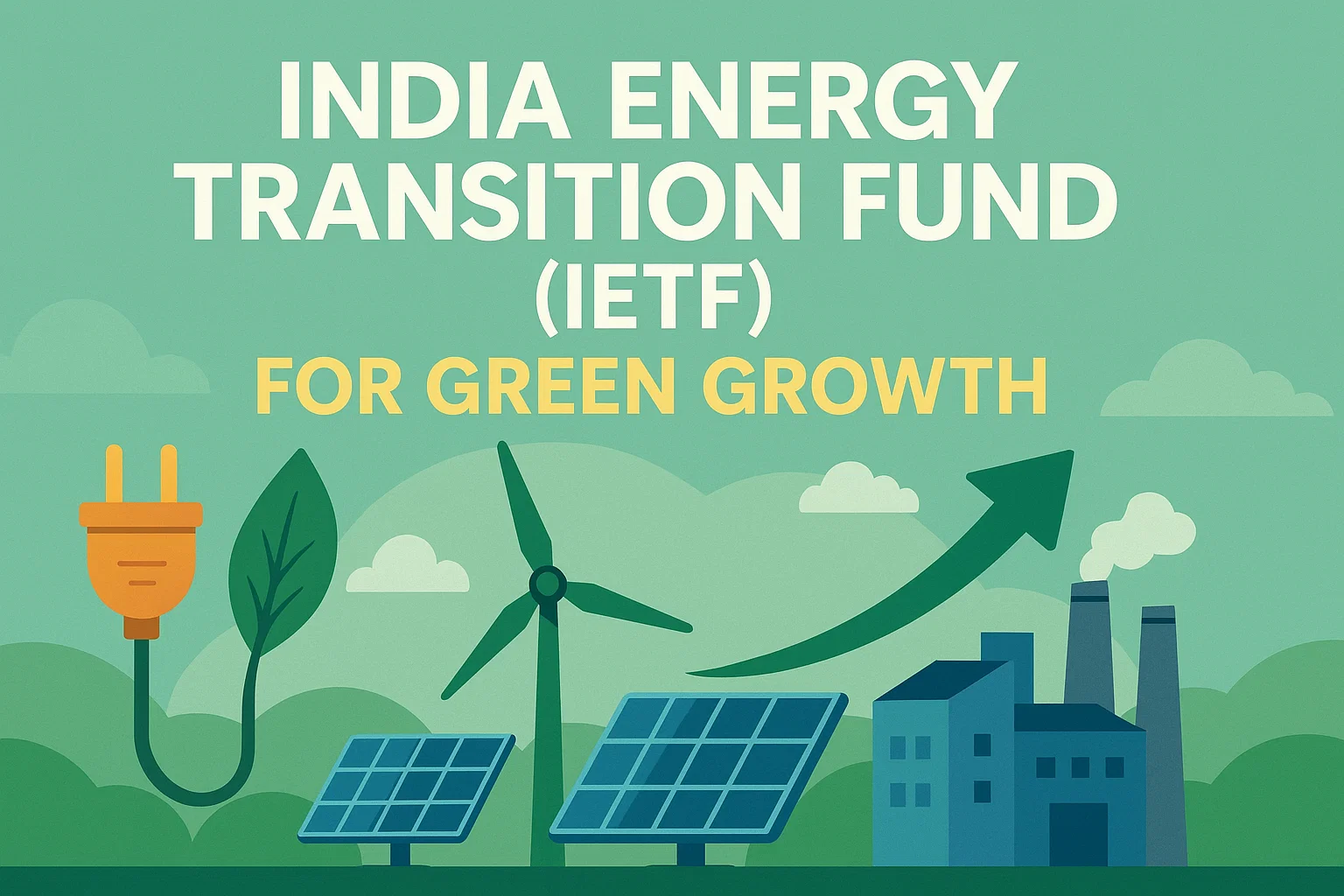Font size:
Print
Deepening India-Taliban Engagement
Why India Should Be Wary As China Tries To ‘Realign’ Pak And Taliban
Context: As the Taliban-led Islamic Emirate of Afghanistan (IEA) approaches its fourth year in power, India has steadily evolved its approach toward engaging with the regime.
More on News
- Marking a significant shift from its earlier stance, India has moved from discreet outreach to a more pragmatic and overt diplomatic engagement.
- The recent phone conversation between External Affairs Minister Dr. S. Jaishankar and Taliban’s interim Foreign Minister Amir Khan Muttaqi marks a pivotal moment in this changing equation.
Strengthening Diplomatic Channels with the Taliban
- During the call, Dr. Jaishankar appreciated Muttaqi’s condemnation of the recent terror attack in Pahalgam, implicitly acknowledging Kabul’s refusal to fall for misleading narratives—particularly those propagated by Pakistan.
- This conversation underscores India’s strategy of reinforcing mutual trust while cautiously expanding humanitarian and development ties with Afghanistan.
- Earlier in January, Foreign Secretary Vikram Misri held a high-level meeting with Muttaqi in Dubai—India’s most significant official interaction with the Taliban regime to date.
- This came at a time when tensions between Pakistan and Afghanistan had escalated, culminating in cross-border strikes in December 2024.
- The decline in Pakistan’s influence over Kabul has created new diplomatic and strategic openings for India, especially in leveraging its investment in the Chabahar Port to enhance trade and deliver humanitarian aid to Afghanistan.
Regional Dynamics: India vs. the China-Pakistan Nexus
- While India has ramped up its outreach, other regional powers have taken a more direct approach.
- Russia recently removed the Taliban from its list of terrorist organisations (though temporarily), and nations like Iran, Uzbekistan, Turkmenistan, and even Tajikistan have stepped up engagement.
- These developments bolster the Taliban’s narrative of a neutral foreign policy built on mutual interests.
- Even amid renewed India-Pakistan tensions, the Taliban urged restraint and called for dialogue.
- Yet, Muttaqi remains actively engaged with both Pakistani and Chinese officials.
- Following a trilateral consultation in China on May 20-21, he met with Pakistan’s Deputy PM Ishaq Dar and China’s Foreign Affairs Minister Wang Yi.
- The three countries reaffirmed their intention to deepen economic cooperation, with plans to extend the China-Pakistan Economic Corridor (CPEC) into Afghanistan.
- Notably, while the Taliban’s statement focused on economic and diplomatic ties, China and Pakistan also emphasised enhanced security and counterterrorism cooperation.
- Muttaqi assured Wang Yi that Afghan soil would not be used to threaten neighboring countries—an assertion that remains under scrutiny.
China’s Mediation Between Kabul and Islamabad
- China has taken on the role of a diplomatic broker, pushing for the restoration of formal ties between Afghanistan and Pakistan.
- Beijing announced that both sides have agreed ‘in principle’ to exchange ambassadors and pledged to assist in stabilising their relationship.
- However, the ambitious economic commitments made during these discussions remain largely symbolic.
- Ground-level progress on the CPEC extension is minimal, and no significant projects have materialised.
- Yet, Beijing’s increasing involvement in Kabul-Islamabad relations could undermine India’s long-term influence in Afghanistan.
Security Concerns Still Loom Large
-
- Despite India’s expanding ties with the Taliban, serious security risks persist.
- In response to India’s recent military action against terror camps in Pakistan, Al Qaeda in the Indian Subcontinent (AQIS) labelled the strikes as “acts of aggression” and vowed to retaliate with jihad.
- Though the Taliban denies harbouring such groups, credible international reports suggest that several extremist outfits still operate within Afghan borders.
- The Taliban’s capacity and intent to act against these terror groups remain questionable.
- While India’s engagement strategy aims to create leverage and reduce Pakistan’s dominance over Kabul, the growing China-Pakistan collaboration on Afghan affairs poses a strategic dilemma.
For India, the path ahead involves balancing developmental diplomacy with security vigilance, ensuring that engagement with the Taliban regime serves national interests without compromising regional stability.


